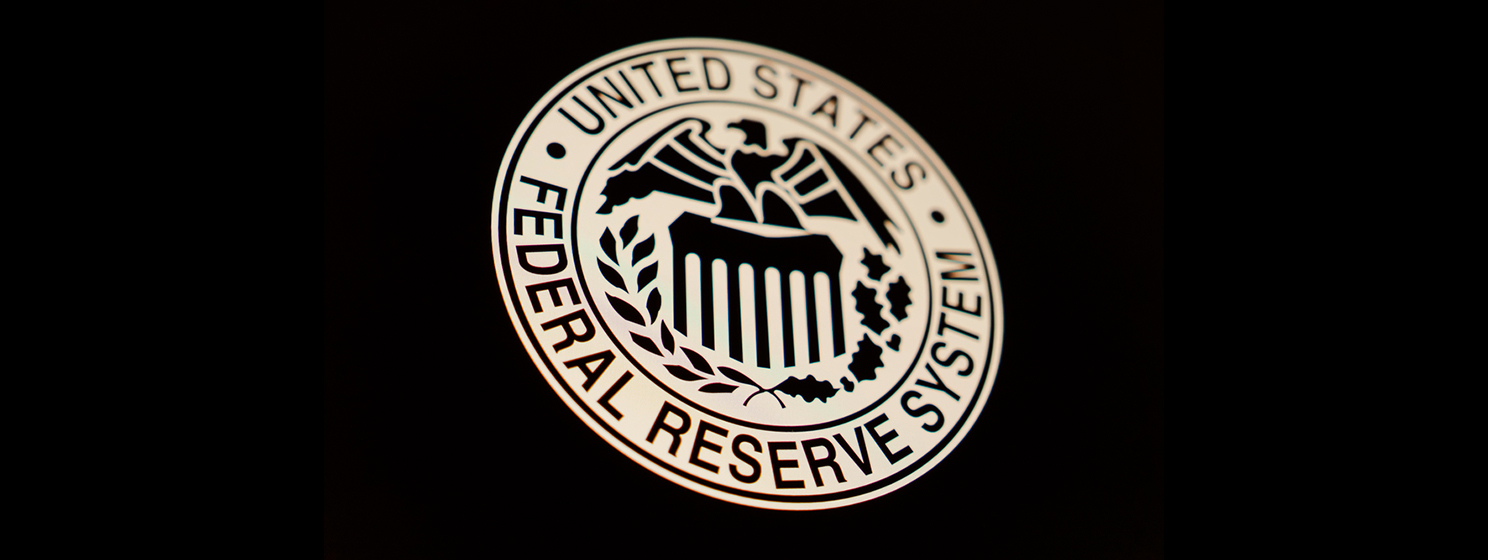
|
Getting your Trinity Audio player ready...
|
Canada is set to adopt new anti-money laundering laws that will finally bring cryptocurrency activities in the country under the purview of the financial transactions regulator. Among the major changes that the new laws will bring will be the mandatory registration of all crypto exchanges in the country. The exchanges will also be required to enforce strict anti-money laundering (AML) programs and ensure that customers who transact beyond a certain limit can account for the source of their wealth.
The Canadian crypto industry has been relatively lax, especially when it comes to regulations. The government had adopted a wait-and-see approach, but not anymore. According to a notice published on July 10, crypto exchanges will be legally required to register with the Financial Transactions and Reports Analysis Centre of Canada (FinTRAC) starting June 1, 2020.
The new law will require all crypto exchanges in the country to verify the identity of any client who transacts more than C$1,000 (US$764) in crypto. The exchanges must also report any suspicious behavior promptly to the authorities. They must keep all the transaction records and ensure they observe high compliance standards, including hiring a compliance officer.
The new law seeks to bring the crypto industry in Canada to the required standards so that it can be safely integrated into the mainstream financial industry. Banks and other financial institutions in Canada have refrained from associating themselves with the industry due to the history of the use of crypto in crime. Once the new standards kick in, these institutions will support the budding crypto industry, Lori Stein, a partner at Canadian law firm Osler, said.
In an interview with The Globe and Mail, Stein said, “The hope is that now that there is going to be a requirement to register and comply, and oversight by FinTRAC, that banks and other financial entities are going to be more open to providing services and dealing with virtual currency businesses. I think that’s a huge plus.”
However, the new requirements could have a negative effect on the market. Stein believes that there are crypto exchanges that will relocate from Canada to countries with more lax regulations. Moreover, some international crypto exchanges may stop offering their services to Canadians as well.
Industry participants welcomed the move, but some feel that some of the requirements are too extreme and should be repealed. Charlene Cieslik, the chief anti-money laundering officer at Canadian crypto exchange Coinsquare believes that the new laws could prove to be impossible to adhere to in the future. One requirement that he found fault with is that exchanges must identify the counterparty to any transaction of C$1,000 or more, insisting that this is impossible.
“This has the potential to drive cryptocurrency underground again,” Cieslik told the news outlet.
Recommended for you
Lorem ipsum odor amet, consectetuer adipiscing elit. Elit torquent maximus natoque viverra cursus maximus felis. Auctor commodo aliquet himenaeos fermentum
Lorem ipsum odor amet, consectetuer adipiscing elit. Accumsan mi at at semper libero pretium justo. Dictum parturient conubia turpis interdum

 11-14-2024
11-14-2024 


